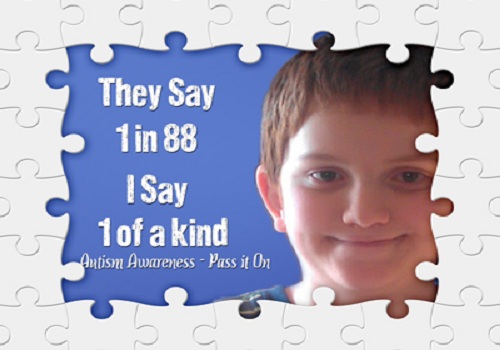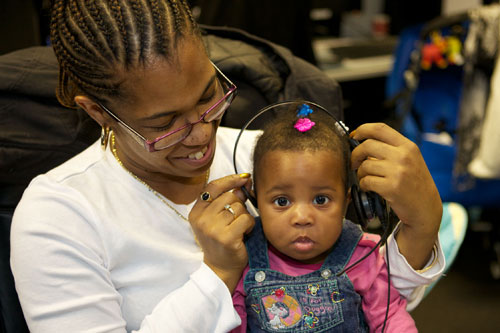Special needs children can often benefit from speech therapy, including those with Down syndrome (DS). Down syndrome can significantly impact a child’s language skills, particularly in terms of his ability to express himself and understand language. Speech therapy techniques can greatly help a child with Down syndrome learn to communicate more effectively. But it’s also important not to neglect the caregivers of special needs children. As a caregiver, it’s easy to feel overwhelmed or burned out, whether you’re caring for a parent with Alzheimer’s or dementia, or you’re trying to coax a child with Down syndrome to say a word. Empowering parents and caregivers is a necessary component of a treatment program for special needs children.
Yvonne Pierre is the mother of a boy with Down syndrome. This Georgia woman recognized the need to empower parents, and she made a powerful contribution to the field with her play, “Then You Stand.” Pierre wrote and directed the stage production, which is based in Georgia and explores the complexities of the discovery that an unborn child has DS.





